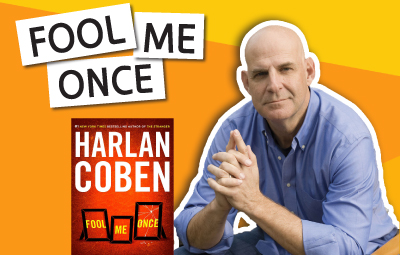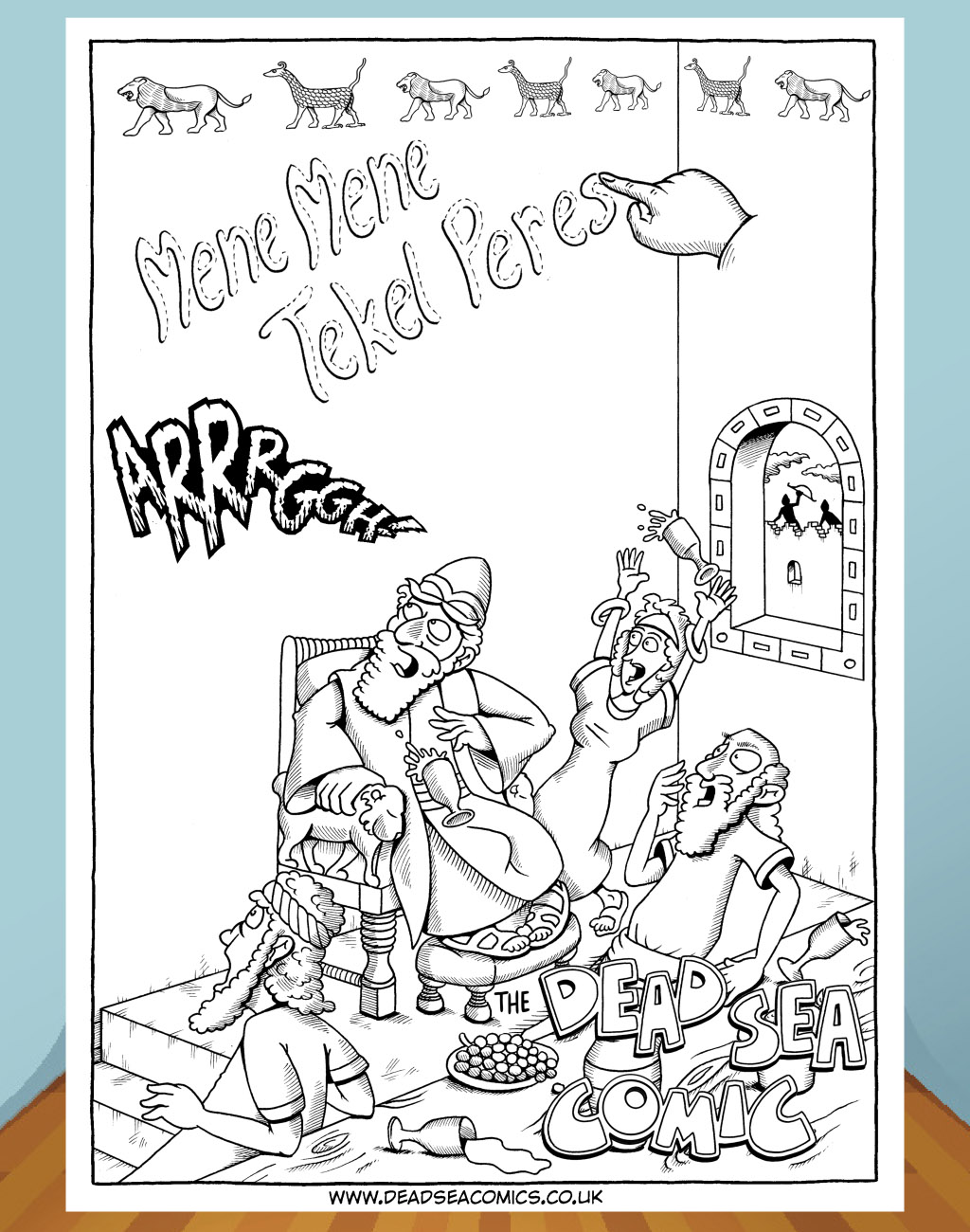
Two Critical Skills You Need in 2018
In the book "Extreme: Why Some People Thrive at the Limits," writers Emma Barrett and Paul Martin explore what makes thrill seekers get such a rush from being out on the edge. "Brain imaging studies," they write "have found that risk seeking behaviour is preceded by activity in the region of the brain associated with the anticipation of pleasurable experiences like sex, drug taking, and monetary gain." In other words, situations that would be terrifying to us, are pleasurable to them. As a result, they don't understand the kind of fear, insecurity, and intimidation most of us experience. The book is filled with stories of people who have gone beyond what we normally think human beings are capable of, but in their list of attributes of thrill seekers, two things stood out:
1 Resilience
2 Single Mindedness
The biggest reason people who most people would call crazy are still alive is that far from being impulsive or easy to panic, they are actually control freaks. The writers list many of the keys to their success, including planning and preparation (rehearsing for catastrophe), experience, and methodical thinking. They're not really risk TAKERS, they're risk AVOIDERS. They are able to do amazing things because they don't take anything for granted.
But the two most important traits were resilience and single mindedness.
Think about that in your career. How resilient are you? How many set-backs can you take before you give up? How much criticism can you handle before you wilt under pressure? And when it comes to single mindedness, how focused are you? Are you trying to accomplish too many things or are you zeroed in on your One Big Thing?
Take a few minutes today and reflect about your own resilience and single mindedness. The truth is, in case after case, people who accomplish great things - from inventors to artists to entrepreneurs to politicians to leaders of all kinds - have those two things in common.
Be Careful of People Who Constantly Complain About their Job
Work is hard. It's hard for me, it's hard for you, and pretty much everybody else. So when I encounter someone who's constantly complaining about their job, how difficult life is, or how busy they are, I tend to start ignoring them. It's not that I'm a jerk, it's that I find far too many people who try to impress us with how many balls they're juggling, how difficult their job is, and how their schedule is just crammed too full. Novelist Richard Ford said something similar about writers:
"Beware of writers who tell you how hard they work. (Beware of anybody who tries to tell you that.) Writing is indeed often dark and lonely, but no one really has to do it. Yes, writing can be complicated, exhausting, isolating, abstracting, boring, dulling, briefly exhilarating; it can be made to be gruelling and demoralizing. And occasionally it can produce rewards. But it's never as hard as, say, piloting an L-1011 into O'Hare on a snowy night in January, or doing brain surgery when you have to stand up for 10 hours straight, and once you start you can't just stop. If you're a writer, you can stop anywhere, any time, and no one will care or ever know. Plus, the results might be better if you do."
The same goes for most jobs (except maybe a L-1011 pilot on a snowy night in January or a brain surgeon). A few years ago I got frustrated with traveling all the time, and started complaining to everyone about my intense travel schedule. Then I realized two things:
1. I get to do this. I get to travel around the globe, see amazing things, work with remarkable people, and advise some of the most talented leaders in the world. Certainly, air travel, hotels, and constant time zone changes can be a pain, but what a privilege.
2. I chose this. This is my life. I could stop any time and become a salesman, teach in college, join a church or ministry full-time, or get some other job with relatively normal hours and little or no travel. So, it's time to put up or shut up.
Ever since that realization, I've stopped complaining and started embracing my job, my travel schedule, and my life. And guess what? People are grateful that I'm not complaining anymore.We all have it hard. We don't need to impress each other with the difficulty of our job. Besides, if you really want to impress them, inspire them. That will make a real difference.
The Morality Police Are Everywhere
And they're looking for you...
I find it interesting that so many people who reject Christianity because of it's "morals," become moralizers themselves - just in a different direction. From the students and faculty on college campuses who trying to shut down free speech in the name of "protecting feelings," to the posturing of the pro-abortion crowd, to the transgender issue, and much more.
As many Christian apologists have stated over the years, "Everyone has a worldview." Just because someone rejects one set of morals, doesn't mean they actually live in a moral-free universe. That would pretty much be impossible. The problem is, these new self-appointed morality cops can get absolutely hysterical about an issue and go straight to attack mode - as many who have posted controversial thoughts on social media can attest.
So the minute you espouse views that are outside current politically correct doctrine, and someone attacks you for "moralizing," just remember they're being hypocritical.
Principles matter. The question becomes, which set of morals will lead to a better world, and which set leads to disaster?
Dealing with the Chronically Offended
I know a guy in the Midwest who is offended by everything. Whatever someone does for him he's upset that it wasn't something better. He's out of a job right now, and wears it on his sleeve. Talks about it obsessively, and is upset everyone else has a job. You naturally want to help people in need, but some people just won't stop complaining - no matter what you do. We get a group together to go out to eat, and he rips us because he doesn't have any money. We invite him to a movie and he's mad because he's not "rich." All he talks about is how life isn't fair. But the truth is, he's made a lot of poor decisions that have landed him in this exact spot. Plus, the jerky attitude doesn't help.
You may know someone like that in your office or family. You hate being around him because he simply makes life miserable for everyone. I'm not a psychologist, but I can tell you this - he's not mad at you, he's mad at himself. Every time he sees you, he's looking into a mirror and seeing his own shortcomings. So stop apologizing just to be nice. Be honest. Don't be critical, but don't be a doormat either. That just enables more bad behavior. Instead, here's some things he or she should re-focus on:
First of all, "poor" is a state of mind as much as a financial condition. Broadcasting that you're out of a job, and being mad at others who have one doesn't fix it - it just drives away the very people who could help.
Second - be gracious. Always be gracious. It's not everyone else's fault that you're struggling. Plus, lighten up and you'll be amazed at the number of people who'll want to help.
Last - change your attitude. Placing the blame everywhere else won't solve the problem. It doesn't matter whether it's your fault or not - you're the only one who can make change happen. Own it. Man up. Once people see that attitude change, they'll be lining up to help...
Lastly, if you know a chronic complainer that won't stop, then stop paying them attention. After being stung by a vicious attack by a member of Parliament, Winston Churchill was asked why he didn't respond. He replied: "If I respected him, I would care about his opinion, but I don't, so I won't."
Even when it's a family member, there comes a time when responding only enables their bad behavior. Know when to ignore it and move on. Do you have a chronic complainer in your life?










































































